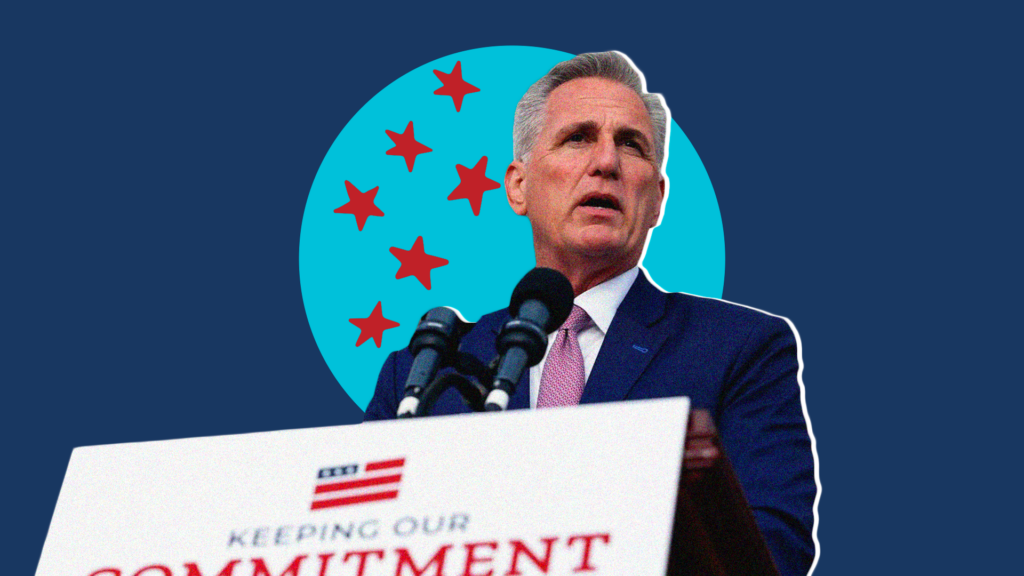The Return of Voodoo Economics
When then-Governor Reagan was behind in the polls to then-President Carter, he announced his support for major tax reform and advocated tax cuts to stimulate economic activity. And we all know how that turned out. Reagan’s association with the supply-side economic ideas of Jack Kemp and Arthur Laffer may have very well been the catalyst that propelled him to victory in 1980. When President Reagan actually proposed major tax reform that included tax-rate reductions across-the-board, his critics labeled the plan “voodoo economics.” Another derogatory term, “trickle-down” economics (meaning the benefits of tax cuts for the rich would eventually get to the poor), characterized the economic and political world’s disbelief in the dynamic effect of tax-rate reductions.
Reagan, along with his British counterpart Margaret Thatcher, succeeded in lowering marginal tax rates substantially. Reagan did it twice — once in each of his two terms as president — taking the highest marginal tax rates down to a maximum rate of 28 percent. The result of this swing from high to low marginal rates did wonders for the U.S. economy during the 1980s and produced an historic rally in stock prices and long-term bonds. In addition, Reagan led the world in changing government attitudes about the stimulative effects of lower tax rates. By the end of his time in office, more than 70 countries had implemented tax reform by lowering marginal tax rates. This resulted in a global economic boom.
Another sea change in economic management is taking place right now, but this time it is not based in the U.S. — it is founded in Eastern Europe. The change is a movement toward lower and flatter tax rates. The rationale is that simplified tax systems as well as a lower tax rates will lead to more efficient government policies and greater incentives to work, save, and invest, all of which will produce rising standards of living.
Alvin Rabushka of Stanford University could very well be given the title of “Godfather of the Flat Tax.” Since the late 1970s Rabushka has advocated a flat tax as the most efficient and effective tax system. Yet resistance in the U.S., especially by economists and politicians who view a flat tax as unfair, has limited the chances of such a proposal being implemented here.
The Eastern European converts to the advantages of a flat tax have become its ardent supporters, and have implemented major tax reforms that include the flat tax. A few years ago, Arthur Laffer proposed a 16 percent flat tax to substitute for the personal income tax, the corporate income tax, and the payroll tax. His calculations indicated that such a tax would have virtually no impact on static-calculated tax revenues. More, he forecast an increase in revenues based on the dynamic effects of increased incentives.
But while proposals for a flat tax in the U.S. have made little progress, the new capitalists around the world are taking flat taxes seriously.
Recently, in the opinion section of the Wall Street Journal, Rabushka tracked conversions to the flat tax. Here is my summary of his research:
Rabushka reports that he has been invited to China to discuss a flat tax and that a number of Western European countries are taking a hard look at the idea.
The Heritage Foundation’s Index of Economic Freedom rated Estonia the fourth freest economy in the world. According to the Wall Street Journal, “This former Soviet satellite is a model reformer, setting the standard for how fast countries can move ahead in the realm of economic liberalization.” Note that Estonia was first on the list of flat-tax implementers. The reason that Estonia plans to further reduce the flat-tax rate to 20 percent is because they can afford to — their economy is booming. Estonia likes voodoo economics. (By the way, the U.S. has slipped to the fifth spot on the Heritage index.)
President Bush has announced the formation of a committee to look into simplifying the U.S. tax code. While neither Rabushka nor Laffer, strong advocates of flat-tax reform, were named to the committee, it would seem both smart economics and smart politics to bring these innovative thinkers into the research process. Without their input America may find itself missing the flat-tax boat that Eastern European countries are boarding.
Fortunately, insightful U.S. investors can take advantage of opportunities in the countries that are increasingly populated by voodoo economists.
— Thomas E. Nugent is executive vice president and chief investment officer of PlanMember Advisors, Inc. and chief investment officer for Victoria Capital Management, Inc.



